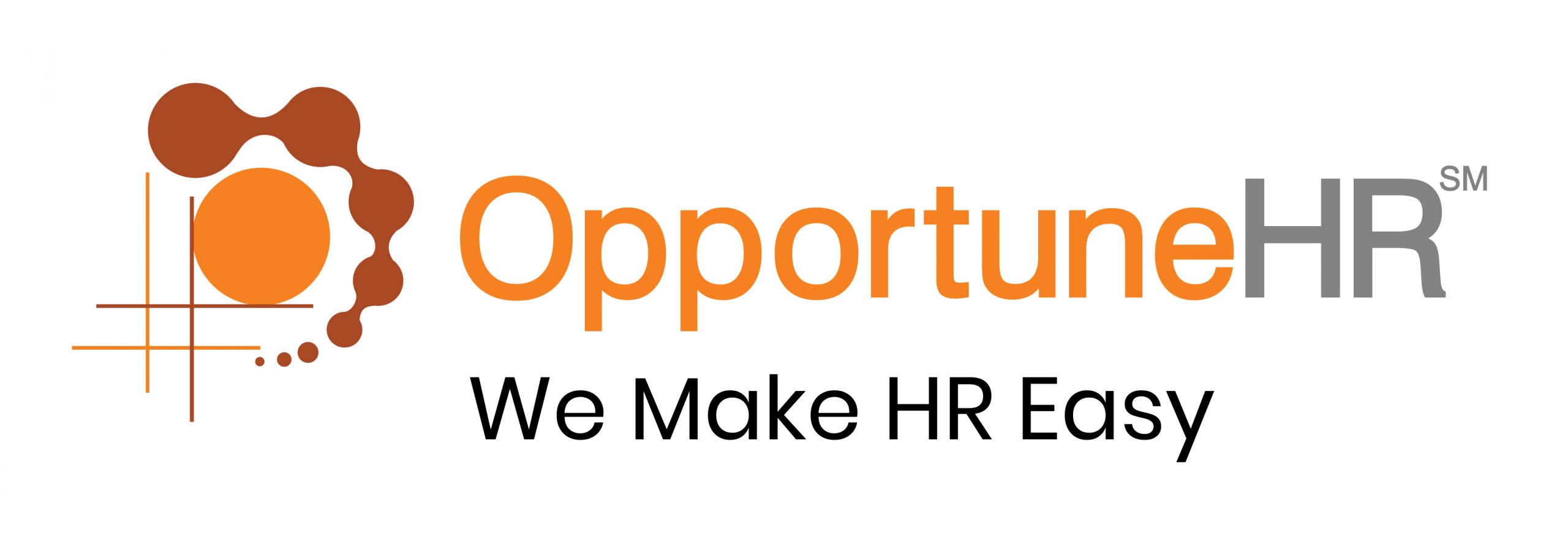
Discover Why OpportuneHR is the best HRMS Software in India! Schedule a Demo OR Call us @ +91 7700-954949

Fix an Appointment
Download PDF
Payroll Taxation
Payroll Taxes in India Explained: What Every Employer Needs to Know
Payroll Taxation in India: What Every Employer and Employee Should Know
Payroll taxation in India is a crucial part of India’s employment and tax system. Understanding payroll taxes helps both business owners and salaried employees. For employers, it is important to manage compliance requirements and avoid legal complications. For employees, it helps to understand taxation to plan their finances better.

Why is Payroll Taxation so tricky for employers?
Payroll tax refers to the taxes and statutory deductions that employers must withhold from employees’ salaries, and then contribute on behalf of their workforce.
Now there are 2 tax regimes, the old one and the new one. Employees can choose either of them, which they declare at the beginning of the financial year. They can also change that mid-financial year.
And then there are various calculations as per income tax slabs, employee contributions to social security schemes like Provident Fund (PF), Employee State Insurance (ESI), and other statutory contributions.
These complexities make the payroll tax handling tricky for the employer.
It’s the prime reason business owners seek payroll software that can perform well on crucial taxation-related processes like —
- Accurate tax calculations.
- Automated tax filing.
- Payroll reporting.
- And payroll reporting for compliance.

Key Components of Payroll in India
-
Basic Salary and Dearness Allowances
The basic salary forms the foundation of any payroll calculation. It is combined with dearness allowance and other allowances, such as travel allowance and house rent allowance, to form the gross salary. These components directly impact taxable income.
-
Taxable Income and Income Tax Slabs
Taxable income includes all earnings minus exemptions and deductions.
India follows a progressive income tax slab system where rates increase with higher income levels. Employers must apply the correct income tax slab to calculate Tax Deducted at Source (TDS) accurately.
-
Statutory Deductions and Contributions
Employers are responsible for deducting statutory amounts such as Provident Fund contributions, Employee State Insurance premiums, and social security contributions from employees’ monthly salary. Employer contributions to these schemes are also mandatory.
-
Payroll Tax Regulations and Compliance Requirements
Payroll processes must comply with Indian government regulations, including timely payments of payroll taxes and filing of returns with the Income Tax Department.
Non-compliance can lead to penalties and administrative burden.
OpportuneHR Payroll tax software: Key features
OpportuneHR payroll management software includes all the essential taxation features. It ensures compliance with various tax regulations and makes payroll processes more efficient.
Payroll Software Taxation Module: Feature Overview
-
Dual Tax Regime Support (Old & New Regime)
- Employees can select either the old or new tax regime at the start of the financial year.
- Ability to change the tax regime mid-year is supported.
- The software toggles seamlessly between regimes for each employee.
- Automatic recalculation of TDS (Tax Deducted at Source) based on the selected regime ensures accurate payroll deductions.
-
Investment Declaration & Proof Verification (Old Regime)
- Employees declare investments and eligible deductions such as HRA, donations, housing loan interest, insurance, etc.
- Finance team can verify documents and proofs against applicable sections of Indian Income Tax law directly within the system.
- Ensures compliance and reduces errors in tax benefit claims.
-
Simplified Tax Calculation (New Regime)
- No need for investment declarations under the new regime.
- Tax slabs are directly applied as per government guidelines, simplifying TDS calculation.
- The system automatically applies correct slab rates to compute tax liability.
-
Accurate TDS Computation & Submission
- TDS is computed correctly based on the chosen regime and declared investments (if any).
- Generates statutory TDS deduction certificates and reports.
- Supports online submission of TDS returns using the Q24 file format as mandated by tax authorities.
-
End-of-Year Compliance & Reporting
- Consolidates all quarterly TDS data for verification and audit purposes.
- Automatically generates Form 16 Part A & B for employees, reflecting accurate tax deductions and earnings.
- Captures and reports employee perquisites and benefits under Form 12B as per the Income-tax Act.
-
Employee Self-Service (ESS) Integration
- Employees can decide on Old vs New regime benefits based on their income and investments.
- Empowers employees to make informed tax decisions early in the financial year or mid-year if switching regimes.
- Enables uploading proof documents for validation by the finance team.
-
Comprehensive Tax Reports & Analytics
- Generates various tax-related reports such as TDS summary, investment proofs status, perquisites report, etc.
- Helps finance and payroll teams monitor compliance, pending document submissions, and tax liabilities.

Is OpportuneHR the best payroll software for taxation and compliance?
Here are more key highlights that put OpportuneHR payroll software among the best payroll tax software in India.
-
Accurate Tax Calculations:
OpportuneHR’s payroll software ensures accurate calculations of taxes in accordance with the latest taxation rules. Calculations are done, taking into account all necessary details for precise tax computations, simplifying complex tax calculations and compliance.
-
Tax Compliance and Reporting:
The software provides features for maintaining compliance with tax regulations, such as PF Challan, PT & ESIC Registers.
It ensures timely processing of Quarterly TDS and issuing FORM 16, which are crucial for employees’ tax planning and organizational compliance.
-
Integration with Accounting Systems:
OpportuneHR allows seamless integration with accounting systems through APIs, ensuring that financial records are accurate and up-to-date.
This includes JV Passing to Accounting System, which ensures all payroll data is smoothly integrated for financial health.
-
Compliance with Statutory Regulations:
OpportuneHR’s payroll management system is designed to maintain compliance with various statutory regulations and ensures that all payroll processes are aligned with legal requirements.
This includes quarterly TDS and other statutory filings.
By incorporating these features, OpportuneHR helps organizations manage complex tax calculations and compliance requirements efficiently.
So you can be assured of accurate payroll processing and legal compliance.
Final Thoughts

- Payroll taxation in India is a critical element of employee compensation and a significant responsibility for business owners.
- It is important to stay updated on payroll tax regulations, income tax slabs, and statutory contributions.
- For businesses looking to streamline payroll, partnering with a reliable payroll provider or opting for payroll outsourcing can reduce errors and the administrative burden, making payroll tax management more efficient.



